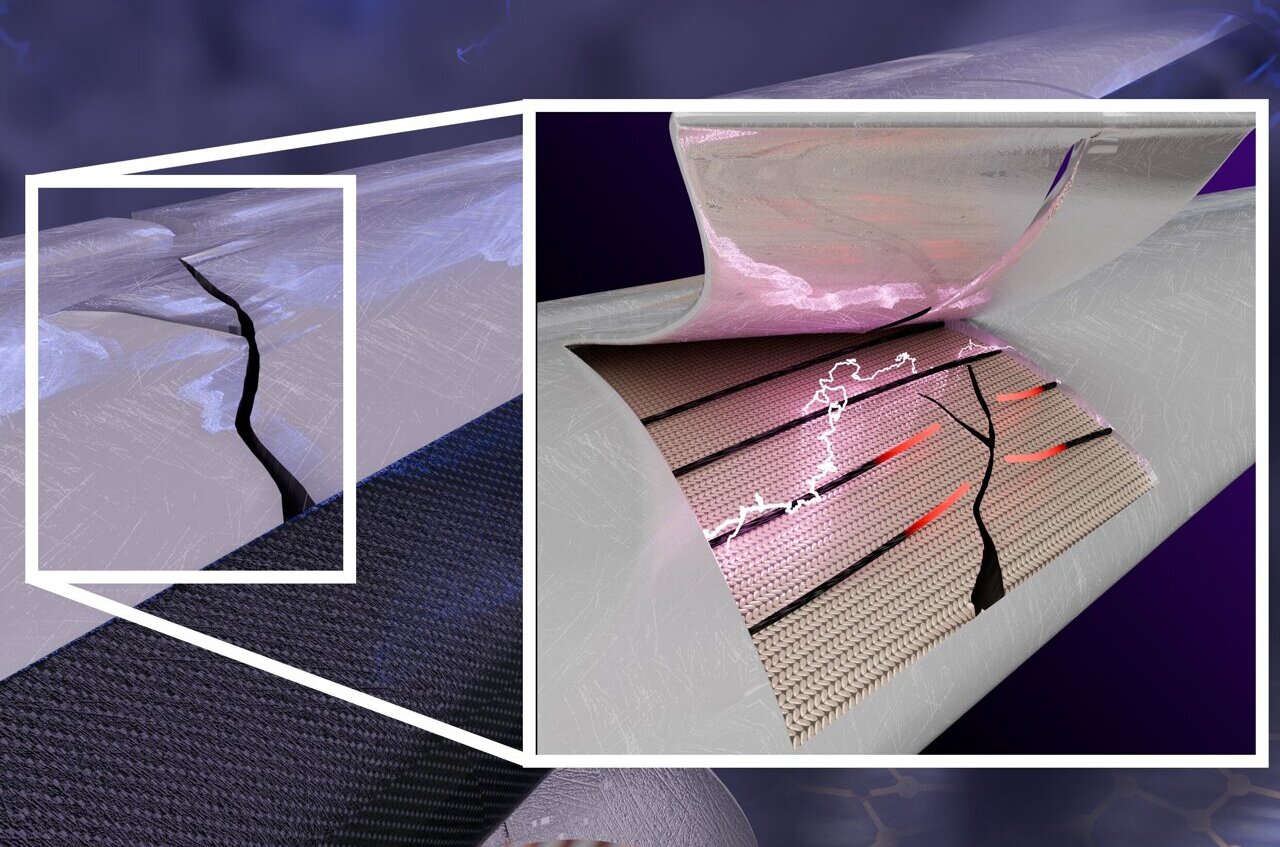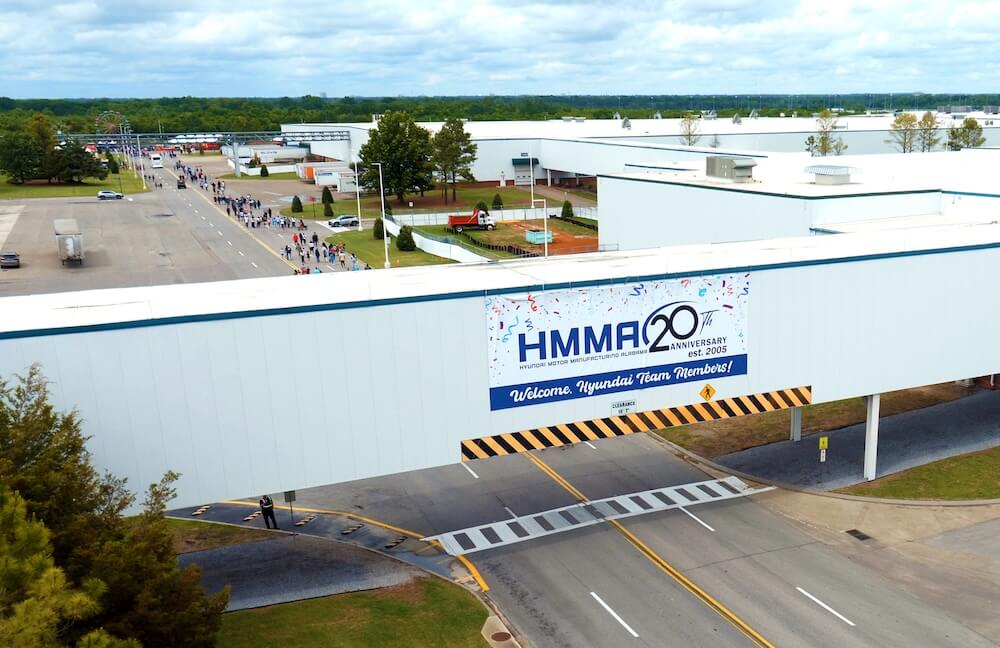
Furniture Frontiers: How US Manufacturers Are Reshaping Global Design and Trade
Navigating Challenges: How Tariffs Are Reshaping the U.S. Furniture Market The American furniture industry is experiencing significant disruption as trade tariffs create complex sourcing challenges for businesses across the sector. Manufacturers and retailers are grappling with unprecedented obstacles in procuring materials and products, with many finding it increasingly difficult to maintain traditional supply chains. These tariffs have forced furniture industry leaders to make critical strategic decisions, often compelling them to seek alternative sourcing methods or absorb substantial additional costs. Some businesses have been particularly hard-hit, struggling to find domestic alternatives for specialized components and materials that were previously imported at more competitive prices. The ripple effects are profound, potentially impacting everything from product pricing to design innovation. Small to medium-sized furniture businesses are especially vulnerable, as they often lack the financial flexibility to quickly adapt to these rapidly changing economic conditions. As the industry continues to navigate these challenging waters, furniture manufacturers and retailers are being compelled to rethink their sourcing strategies, explore domestic production options, and find creative solutions to maintain competitiveness in an increasingly complex global marketplace.









